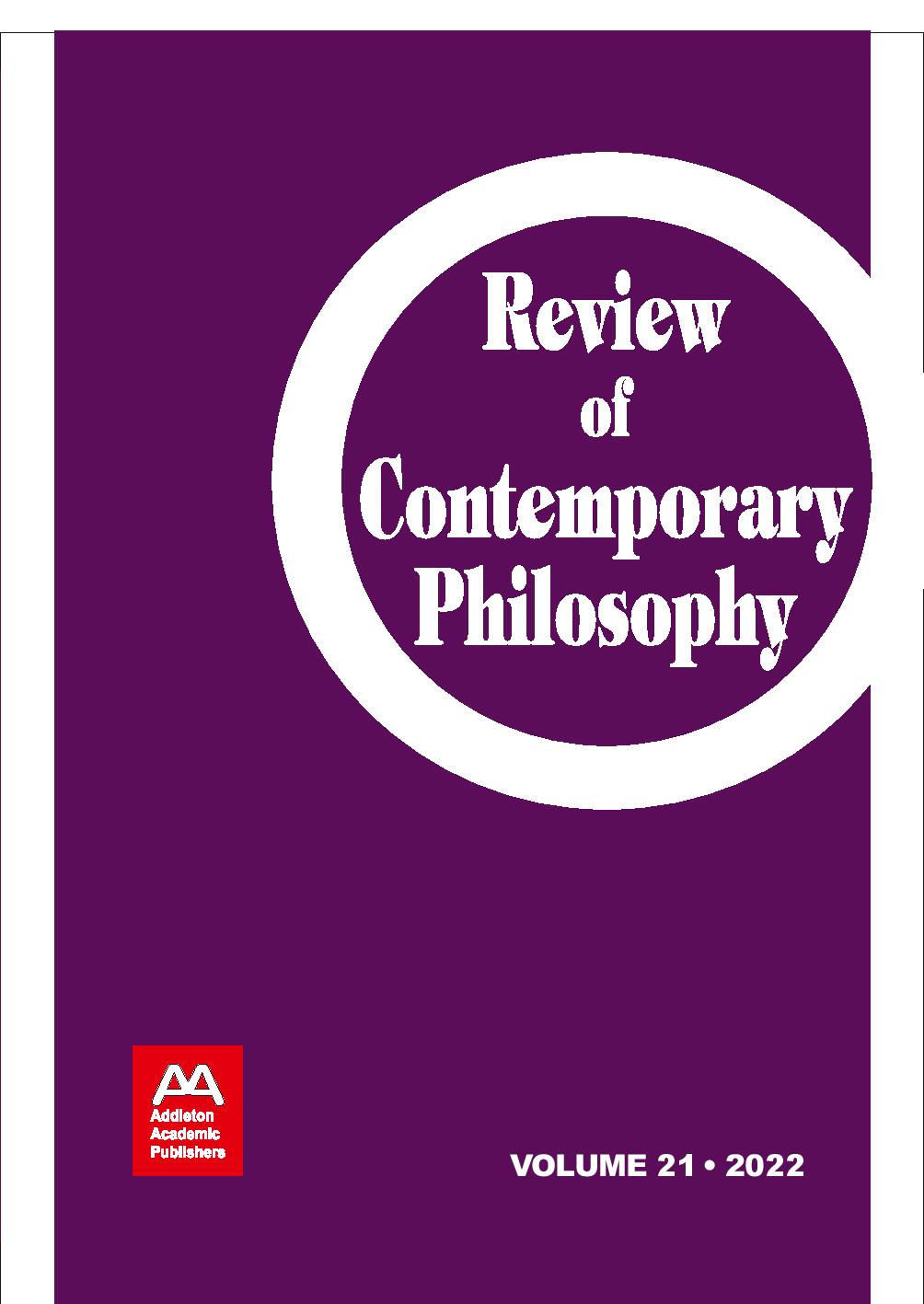Cognitive Artificial Intelligence Algorithms, Movement and Behavior Tracking Tools, and Customer Identification Technology in the Metaverse Commerce
Cognitive Artificial Intelligence Algorithms, Movement and Behavior Tracking Tools, and Customer Identification Technology in the Metaverse Commerce
Author(s): Katarina Zvarikova, Veronika Machová, Elvira NicaSubject(s): Marketing / Advertising, ICT Information and Communications Technologies
Published by: Addleton Academic Publishers
Keywords: immersive visualization systems; shopper engagement technologies; metaverse interactive environment; machine learning-based product recognition tools; spatial computing technology;
Summary/Abstract: The aim of this systematic review is to synthesize and analyze biometric authentication features, metaverse capabilities, and real-time predictive analytics. With increasing evidence of digital assets in the metaverse commerce, there is an essential demand for comprehending whether augmented reality shopping tools and deep learning algorithms shape consumer sentiment and behavior and personalized purchase experiences in user-generated digital virtual environments. In this research, prior findings were cumulated indicating that transaction geolocation data, machine learning-based image recognition tools, and artificial vision systems configure consumer behavior and expectations, optimizing purchase journeys in virtual marketplaces. We carried out a quantitative literature review of ProQuest, Scopus, and the Web of Science throughout April 2022, with search terms including “the metaverse commerce” + “cognitive artificial intelligence algorithms,” “movement and behavior tracking tools,” and “customer identification technology.” As we analyzed research published between 2021 and 2022, only 148 papers met the eligibility criteria. By removing controversial or unclear findings (scanty/unimportant data), results unsupported by replication, undetailed content, or papers having quite similar titles, we decided on 29, chiefly empirical, sources. Data visualization tools: Dimen- sions (bibliometric mapping) and VOSviewer (layout algorithms). Reporting quality assessment tool: PRISMA. Methodological quality assessment tools include: AXIS, Distiller SR, ROBIS, and SRDR.
Journal: Review of Contemporary Philosophy
- Issue Year: 2022
- Issue No: 21
- Page Range: 171-187
- Page Count: 17
- Language: English
- Content File-PDF

